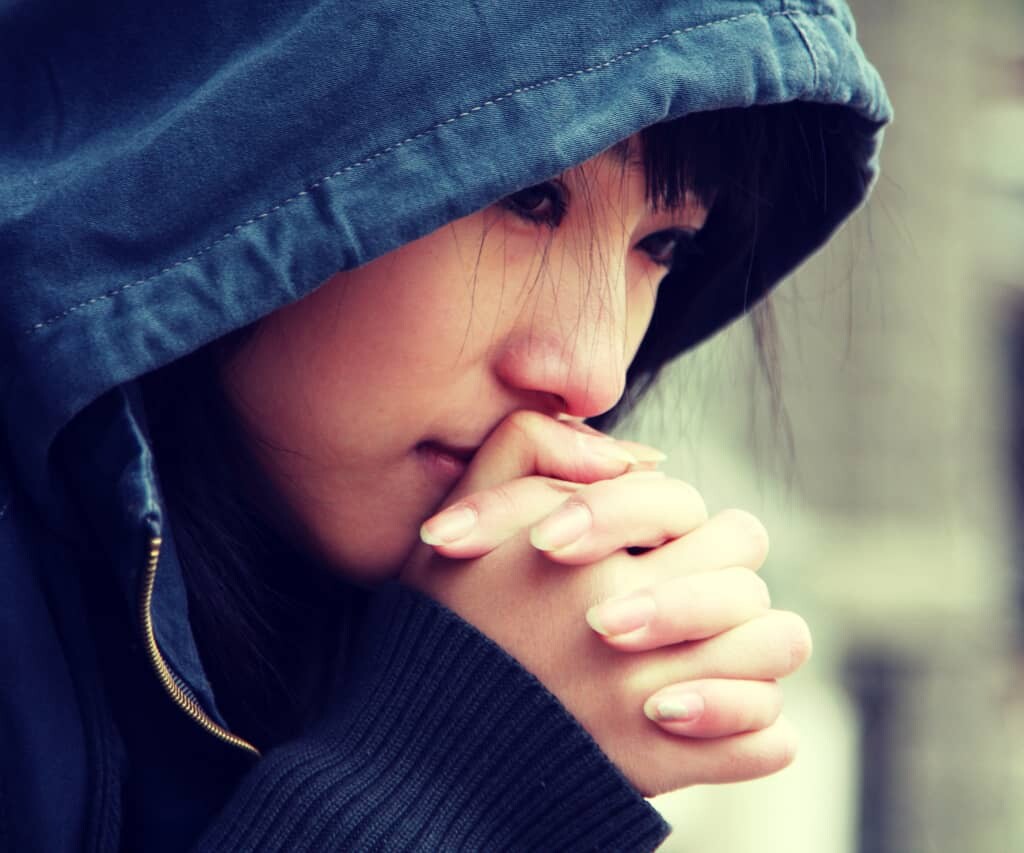Each year, on January 13, we recognize World Day to Combat Depression, a critical date marked worldwide to foster education, understanding, and action surrounding depression. This prevalent mental disorder affects millions globally, yet its shroud of stigma and misinformation persists. Through education, support, and concerted action, we can strive to change this narrative.
Illuminating the Shadows: World Day for Depression Awareness
Beyond the daily grind, January 13 stands as an illuminating beacon spotlighting depression, a mental ailment encased in stigma and misunderstanding, yet deeply affecting millions across the globe.
Promoted by the World Federation for Mental Health, this global initiative aims to enhance depression awareness, demystify its symptoms, and highlight potential treatment options. Importantly, it strives to humanize the disorder, enlighten the populace, and advocate for a compassionate and understanding stance toward those affected by it.
Understanding Depression
Depression Symptoms
At its core, depression is a mental disorder characterized by persistent feelings of sadness, hopelessness, and a sense of worthlessness. Those grappling with this condition might experience sleep disturbances, a significant decrease in energy, and difficulty focusing. In its most severe manifestation, depression can even induce suicidal ideation or attempts at self-harm.
World Depression Awareness Day is conceptualized with a dual purpose: to expand public understanding of depression and its impact and to provide a collaborative platform for individuals and mental health organizations to unite in battling this disorder.
The day sets the stage for launching comprehensive depression awareness and education campaigns, fostering a greater understanding of this disease and how we can address it within our own lives and those of our loved ones.
However, education is merely one aspect of the broader equation. The other crucial component is recognition and responsive action. Recognizing depression’s signs in ourselves or our loved ones – ranging from alterations in sleep patterns, diminished energy, disinterest in previously enjoyed activities, and difficulty concentrating, to feelings of sadness and hopelessness – is essential.
Crafting a Strategy to Manage Depression
Identifying these symptoms constitutes the first step in battling depression. The subsequent step involves crafting a management strategy.
A depression action plan can be as unique as the individual it’s tailored for but certain approaches have proven to be effective. Initiating lifestyle modifications can serve as a constructive first step. This can involve setting a regular sleep routine, engaging in physical exercise, maintaining a balanced diet, reducing caffeine and alcohol consumption, and ensuring daily sunlight exposure.
Equally invaluable is the benefit of social support. Spending time with supportive, caring individuals can prove immensely advantageous. Conversely, evading environments that exacerbate depressive symptoms can significantly contribute to overall wellness.
In many instances, professional assistance may be required. Consulting a therapist or counselor specializing in depression can offer valuable coping tools and management strategies. A medical professional can evaluate the need for medication and, if required, monitor its efficacy throughout the treatment.
It’s worth noting that each individual’s response to treatment may vary, making it essential to identify the strategies best suited to each person. This could range from self-help techniques such as mindfulness practices and deep breathing exercises, to group therapy or more traditional therapeutic approaches.
Proactive Self-Help Techniques for Depression
Various self-help techniques have demonstrated their effectiveness in managing depression.
Keeping a personal journal can provide profound insights into one’s thoughts and emotions. Relaxation methods, such as yoga or progressive muscle relaxation, can prove beneficial. Moreover, engaging in creative activities like painting, drawing, or simply listening to music can have therapeutic effects. Support groups can offer a secure environment to share experiences and advice.
While depression can feel overwhelming, it is vital to remember that it is treatable. With a combination of medication, therapy, lifestyle modifications, and support from loved ones, a path to recovery is achievable. If you or someone you know is grappling with depression, it is imperative to seek professional help immediately.
Furthermore, the role of solidarity cannot be underestimated. Extending unconditional love and acceptance to those affected as they navigate their recovery journey can make a significant difference.
So, as we mark World Depression Day this January 13, let’s initiate insightful discussions about this disorder and encourage those wrestling with it to seek help. Collectively, we can make a meaningful difference in combating this debilitating disease. The dark cloud of depression can be dispelled with understanding, proactive action, and mutual support.





